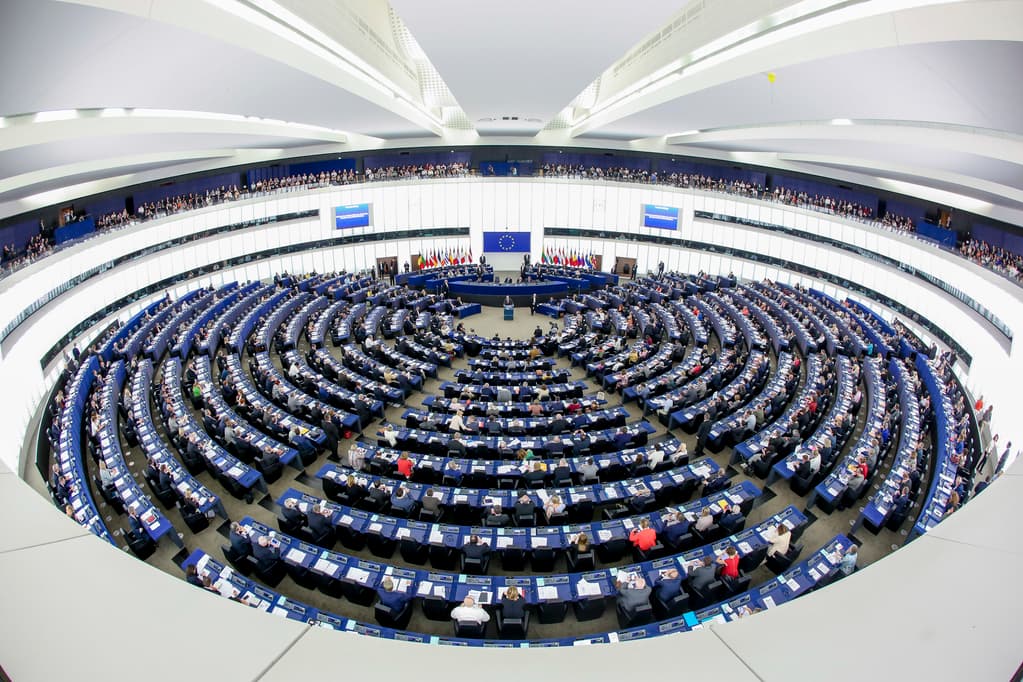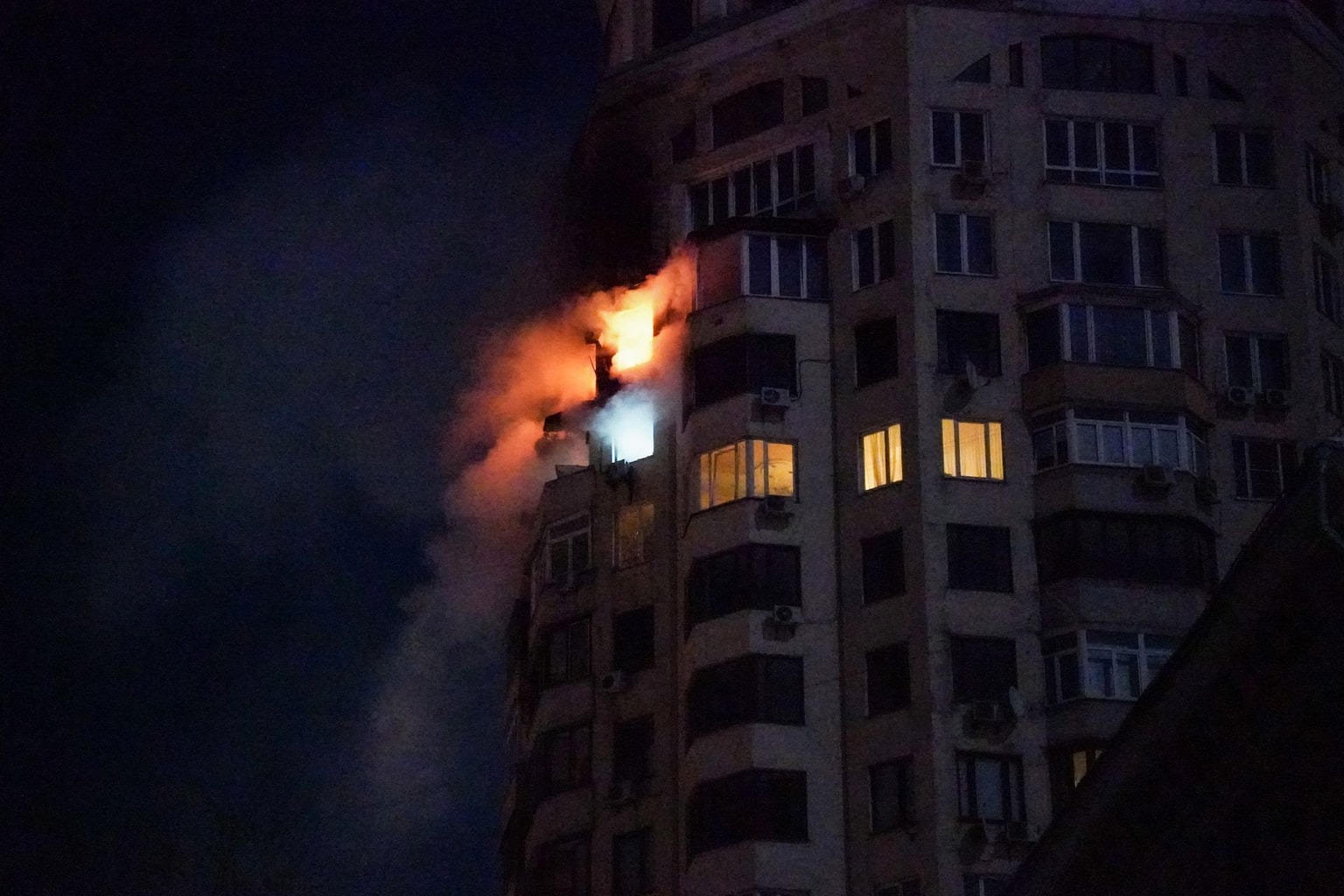EU Parliament: Russia must be suspended from SWIFT if it invades Ukraine

The European Parliament passed a resolution on Dec. 16 condemning Russia for threatening Ukraine with war and promising a “high economic and political price” for new hostilities.
The resolution calling for Russia to withdraw its forces was approved by 548 votes of 705 members.
“Russia does not decide Ukraine’s future,” the parliament said in a statement. “The EU must be ready to send Russia a stark warning that military hostilities against Ukraine will not only be unacceptable but would also come at a high economic and political price.”
The resolution called on the EU members to agree on “severe economic and financial sanctions against the Russian government to address immediate threats”, rather than wait for another invasion.
According to numerous reports from Ukrainian and foreign intelligence, Russia has massed nearly 100,000 combat-ready troops close to the Ukrainian border and in occupied areas.
On Dec. 1, Russian President Vladimir Putin demanded a NATO guarantee that it wouldn’t expand to include Ukraine while launching military exercises with 10,000 troops in the country’s Southern Military District, which is adjacent to Ukraine, as well as in Russian-occupied Crimea.
The scope of sanctions evoked by the text entails a wide scope of economic sanctions against the Kremlin.
The text said sanctions should include freezing Russian financial and physical assets in the EU, travel bans, the exclusion of Russia from the international SWIFT bank payment system, as well as targeting key sectors of Russia’s economy, including the country’s intelligence services and its military support.
The potential sanctions could target Russian officers involved in the planning of a possible invasion, as well as oligarchs and other people “in the orbit of the Russian President (Vladimir Putin) and their families.”
European parliament members urged the shutdown of Russia’s controversial Nord Stream 2 pipeline regardless of whether it gets certified in Germany.
If launched, Nord Stream 2 will be able to transport 55 billion cubic meters of gas per year under the Baltic Sea, depriving Ukraine of up to $2 billion of annual transit revenues and a deterrent against further Russian aggression.
On Nov. 16, Germany’s federal energy regulator suspended the certification of Nord Stream 2. The regulator said that Nord Stream 2 AG, the Russian-owned, Swiss-registered company responsible for the project, did not meet German energy law and needed to register a German subsidiary.
On Dec. 12, German Foreign Minister Annalena Baerbock reportedly said that Russia’s current hostile actions towards Ukraine are “a factor” in the certification delay of the Kremlin’s Nord Stream 2 gas pipeline.
Certification is not expected in the first half of 2022, the regulator told Reuters on Dec. 16.
Read more: Why Nord Stream 2 is centerpiece of Ukraine crisis with Russia (EXPLAINER)
President Volodymyr Zelensky thanked the European Parliament for support.
"Military actions against Ukraine will have a high economic and political price for Russia," Zelensky wrote on Twitter. "A threat to Ukraine's security is a threat to Europe's peace and stability."
The EU resolution was approved a day after the EU’s Eastern Partnership summit, a joint initiative organized by the EU and dedicated to the development of the bloc’s relations with Ukraine, Armenia, Azerbaijan, Belarus, Georgia and Moldova.
Before the summit, European Commission President Ursula von der Leyen warned that the EU could adopt “unprecedented measures with serious consequences for Russia.″










